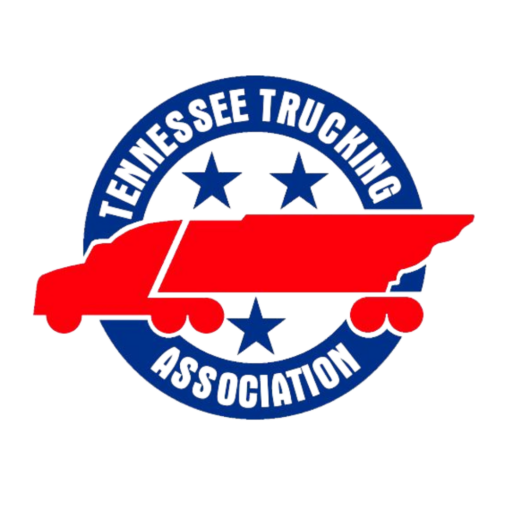Tennessee Trucking Leaders Visit Washington, D.C., to Discuss Top Issues Facing the Industry
Washington – Fourteen members of the Tennessee Trucking Association (TTA) traveled to Washington, D.C., this week to meet with the state’s congressional delegation.
Tennessee’s 22,070 primarily small, locally owned trucking businesses provide 249,000 good-paying, family-supporting jobs in the Volunteer State. The TTA members urged Senators Marsha Blackburn and Bill Hagerty as well as their U.S. Representatives to advocate for policies that will help grow this essential pillar of the state’s economy.
“Trucking is essential to the economy, and our industry works hard every single day to deliver for the American people. When policy roadblocks arise, we depend on the support from our elected leaders in Washington and in Nashville to help get our supply chain moving again,” said Donna England, president & CEO of the Tennessee Trucking Association. “We appreciate our Members of Congress taking the time to meet with us to talk in-depth about some of the top issues facing our industry and explore ways we can work together to push for bipartisan solutions that will be beneficial for both truckers and consumers.”
In their meeting in Representative Mark Green’s office, the TTA members expressed their gratitude for the Congressman responding to concerns they first raised last year. During the group’s previous visit to Washington, they told Representative Green about truckers’ difficulties obtaining transportation security credentials. The Transportation Security Screening Modernization Act he subsequently introduced would help fix this issue by eliminating redundant fees and background checks for essential transportation workers.
TTA’s discussions with lawmakers and congressional staff extended to a number of additional pressing challenges, such as:
Preventing lawsuit abuse
Due to trial lawyers exploiting the legal system, lawsuits targeting trucking have increased at an exponential pace in both the volume of cases and the size of verdict awards. Between 2010 and 2018, the average size of large verdicts increased by nearly 1,000%, from $2.3 million to $22.3 million. These exorbitant costs are spread across the entire industry and are ultimately passed down to consumers in the form of increased prices for goods and skyrocketing insurance premiums. TTA is supportive of comprehensive lawsuit abuse reform to restore fairness and balance to the judicial system.
Promoting workforce development
Given the ongoing shortage of truck drivers, TTA has pushed for legislation that would make it easier for Tennesseans to fill these roles, embark on bright career paths, and make good wages. Among other workforce development initiatives, TTA supports the LICENSE Act, which would simplify the CDL credentialing process without compromising safety.
Addressing energy and environment issues
The trucking industry has made massive strides in reducing tailpipe emissions over the past 35 years. As a result, the industry has cut harmful NOx and particulate matter emissions by 99%, virtually eliminated all sulfur-dioxide emissions, and stands to cut 1.37 billion metric tons of CO2 between 2014 and 2027. In fact, 60 of today’s trucks emit what just one truck emitted in 1988.
TTA called on their Members of Congress to build on this progress by encouraging innovation rather than one-size-fits-all mandates and setting achievable regulatory targets and timelines. One solution to help get the newest, cleanest trucks on the road is to repeal the federal excise tax on heavy-duty trucks and trailers, which adds upwards of $20,000 to the cost of a new clean-diesel tractor.
+++
The meetings were facilitated by the American Trucking Associations’ Call on Washington program, which provides members with the opportunity to meet directly with Members of Congress, key congressional staff, federal regulators, and fellow industry leaders to discuss legislation and regulations affecting the trucking industry. The ATA Federation has a permanent presence in the halls of Congress year-round, with state associations visiting weekly on a rolling basis.
###
